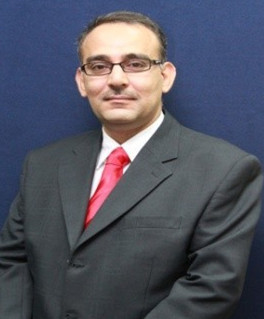Abstract—This article presents a case study about regional network of bio-hydrogen supply-chain to discover the key indicators of sustainability of bio-hydrogen energy network in initial stage. The sustainability factor is focus on CO2 emission abatement from introduction of bio-hydrogen network scenarios in comparison with the conventional system. The conventional hydrogen production method is steam methane reforming (SMR) from natural gas in Japan. The proposed hydrogen production system is a gasification process due to waste woody biomass as a feedstock and it produce in ASEAN member countries and then exporting to Japan. The feedstock is waste wood due to logging activity and production of pulp paper and furniture in the natural forest and forest plantation. The Life Cycle Inventory (LCI) analysis estimated the carbon dioxide (CO2) emission in consideration of hydrogen form variation (liquid and gaseous phases). The results show that the high consumption of electricity in production system and the emission factor of electricity grid in each country play significant role to reduce CO2 emission. Regional network of bio-hydrogen energy can be use for the international negotiation on climate change to drive the energy policy in national and local scale.
Index Terms—Bio-hydrogen, waste woody, LCI, energy network.
Hendrawan is with the Tokyo University of Science, 2641 Yamazaki, Noda, Chiba, Japan (e-mail: j7412703@ ed.tus.ac.jp).
[PDF]
Cite:Hendrawan and Kiyoshi Dowaki, "CO2 Emission Reduction Analysis of Bio-Hydrogen Network: An Initial Stage of Hydrogen Society," Journal of Clean Energy Technologies vol. 3, no. 4, pp. 296-301, 2015.


